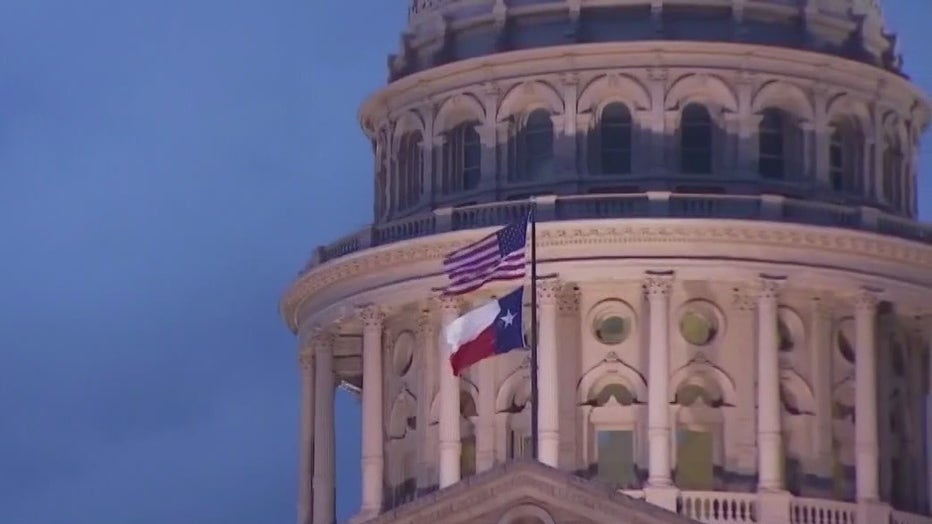Texas committee suggests legislation to ban foreign land owners will return next session
Lawmakers examine threats from foreign governments
A bill passed the Texas Senate in 2023, but it failed to reach the floor in the Texas House after concerns were raised it could result in acts of discrimination.
State lawmakers are trying to harden Texas against threats from foreign adversaries.
Securing the southern border may be top of mind for many Texans, but experts who testified on Wednesday are especially concerned about foreign threats from North Korea, Russia, Iran and China.
On Wednesday morning, members of the Select Committee on Securing Texas from Hostile Foreign Organizations" held a hearing at the state capitol in Austin.
The group is tasked with studying the possible threats foreign governments and organizations could have on Texas' economy, security and values.
Much of the discussion was around the land owned by entities not from Texas.
The USDA tracks foreign land ownership. According to a recent report, 5.3 million acres in Texas is foreign-owned.
Members of the committee described foreign land ownership as an evolving security risk.
"It's absolutely vital for the whole country that Texas move to protect itself because you're a gateway for the rest of us," said Christopher Holton with the Center for Security Policy.

This would be the second attempt by state lawmakers to regulate foreign land ownership in Texas. In the last session, Senate Bill 147 cleared the Texas Senate, but it failed to reach the floor in the Texas House after concerns were raised it could result in acts of discrimination.
The bill would not apply to homesteads or to any lawful permanent resident in the U.S.
Experts also testified that China is responsible for the massive influx of deadly fentanyl making its way into the state.
They also talked about the need to protect the state's critical infrastructure, like our drinking water and gas supply, among others.
"I think it's absolutely essential from an overarching standpoint that Texas protect its critical infrastructure and then within that, their priorities include protecting cyber infrastructure as been talked about already, protecting military installations and other critical infrastructure from Chinese entities setting up shop in close proximity to them, but more especially protecting your water systems and your grid," said Holton.
Experts pointed to the massive global technology breakdown that occurred last Friday.
A faulty Windows update that was pushed out to users grounded thousands of flights, closed government buildings and crippled hospitals.
The experts say that even though it was unintentional, it shows just how fragile our economy is.
The committee will take the recommendations under advisement to draft legislation that could help the state's critical infrastructure.
Any legislation would be in addition to whatever the federal government is doing.

